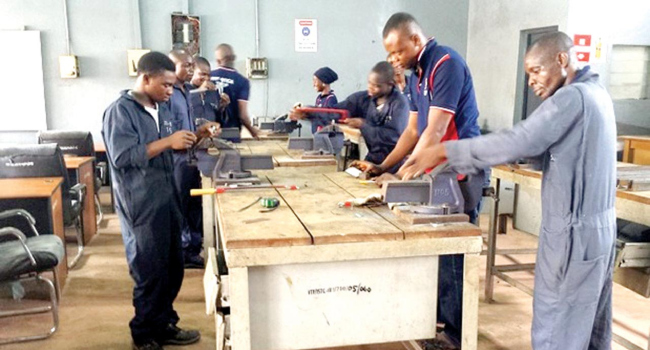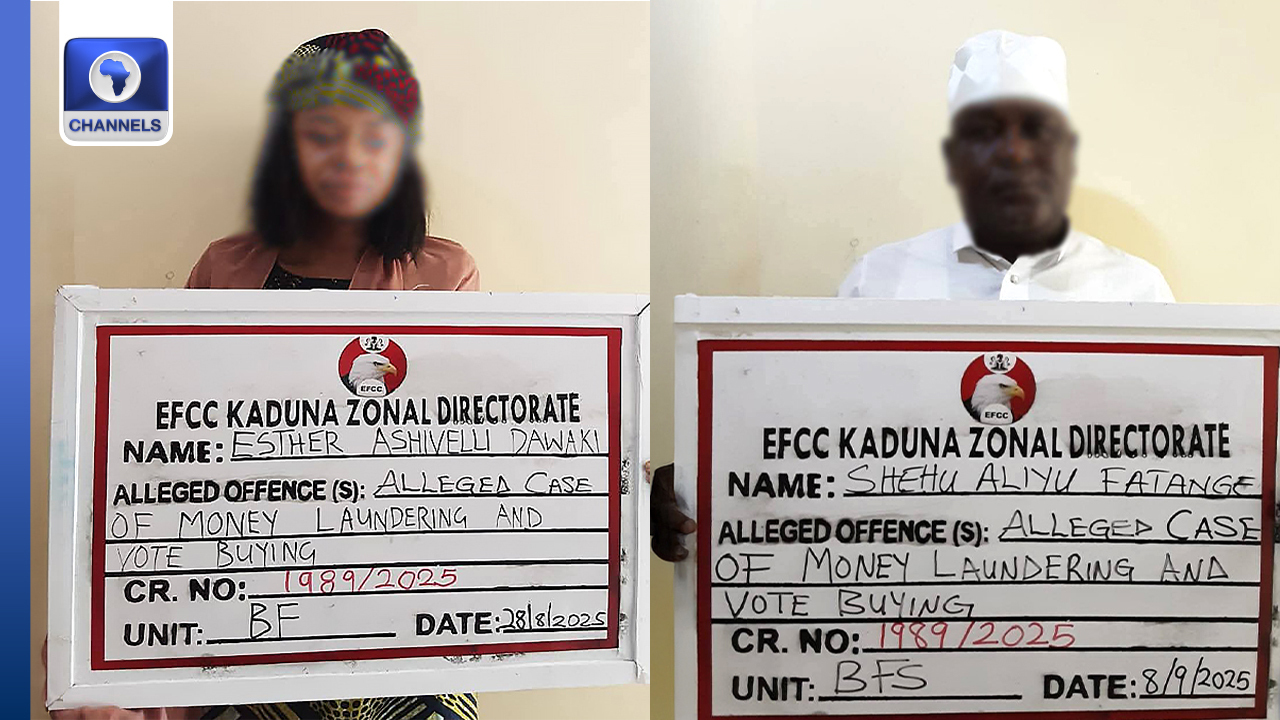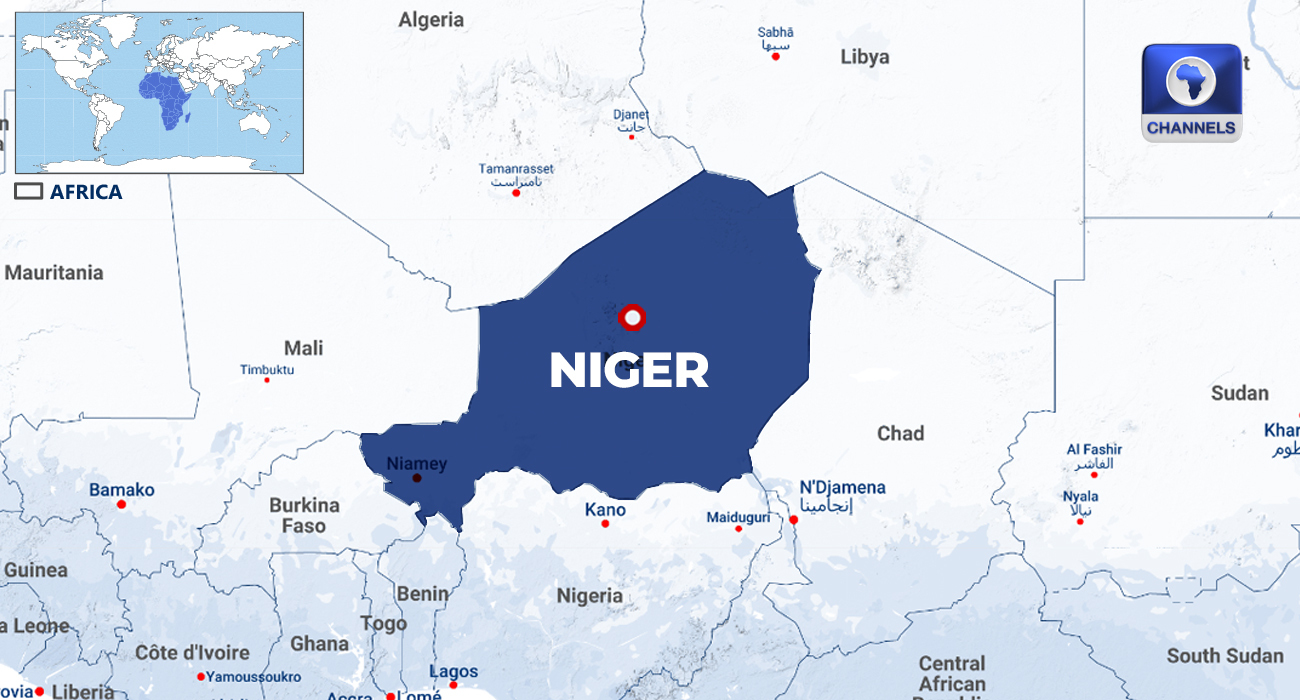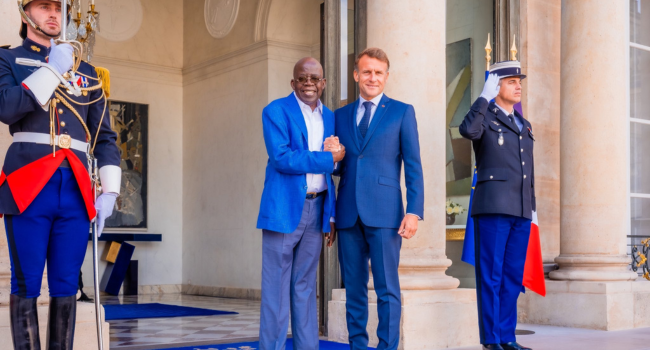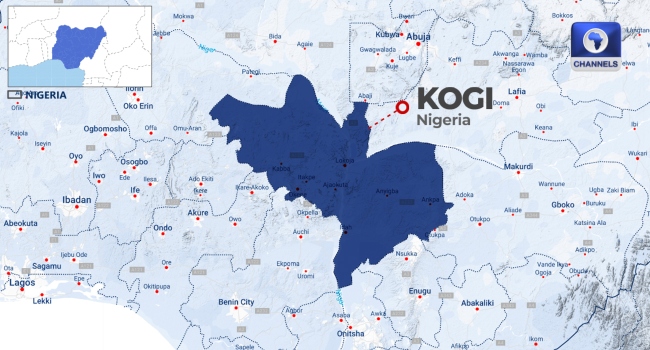
Police authorities in Lagos State have arrested one self-acclaimed “Obi of Lagos” along with three accomplices over an alleged illegal installation.
“The principal suspect, Engr. Chibuike Azubike ‘m’, aged 65 years, an indigene of Obodoukwu Ancient Kingdom, Ideato North LGA of Imo State, was arrested alongside three co-conspirators: Chief Chibuzor Ani ‘m’, aged 57 years; Chief Martins Nwaodika ‘m’, aged 65 years; and Mr. Ikechukwu Franklin Nnadi ‘m’, aged 41 years. All four suspects are presently in custody at the Lagos State Police Command Headquarters, Ikeja,” the deputy spokesman of the Lagos Police Command, Babaseyi Oluseyi, wrote in a statement on Thursday.
Oluseyi disclosed that the group had finalized arrangements to unveil a prototype of a purported ₦1.5 billion “Palace of Obi of Lagos State” on Saturday, September 13, 2025, at Apple Hall, Amuwo Odofin.
But operatives foiled their attempt to carry out the installation ceremony.
READ ALSO: Prime Suspect In Owode Onirin Murder Submits Self To Police
POLICE ARREST SELF-ACCLAIMED “OBI OF LAGOS” ALONG WITH THREE ACCOMPLICES, FOIL PLANNED UNVEILING CEREMONY
The Lagos State Police Command today, Wednesday , September 10, 2025, successfully arrested a self-acclaimed traditional ruler who paraded himself as the “Obi of Lagos” pic.twitter.com/eBmcu9dzhg
“Acting on this information, the police promptly sealed off the venue in order to forestall any breach of the peace and to protect unsuspecting members of the public from being misled,” the statement read in part.
“The suspects are currently in detention and investigation is progressing into their nefarious activities. The outcome of the investigation will be made public, and they will be charged to court accordingly,” the police said.
In the wake of the incident, the Lagos State Police Command Commissioner, Olohundare Jimoh, warned the public against impostors who attempt to exploit revered cultural and traditional institutions for selfish gains.
Jimoh described such actions as unlawful, contrary to the statutes of Lagos State, and capable of breaching the peace of the society.
